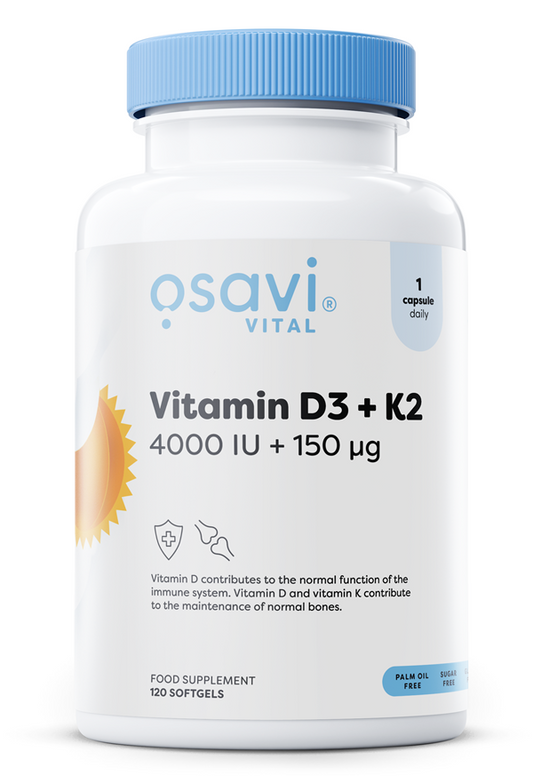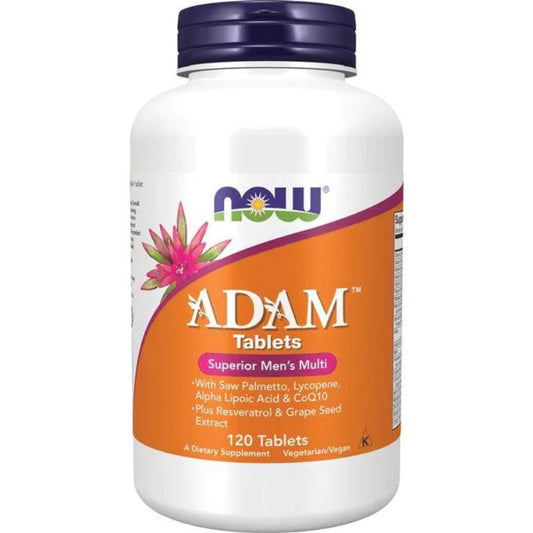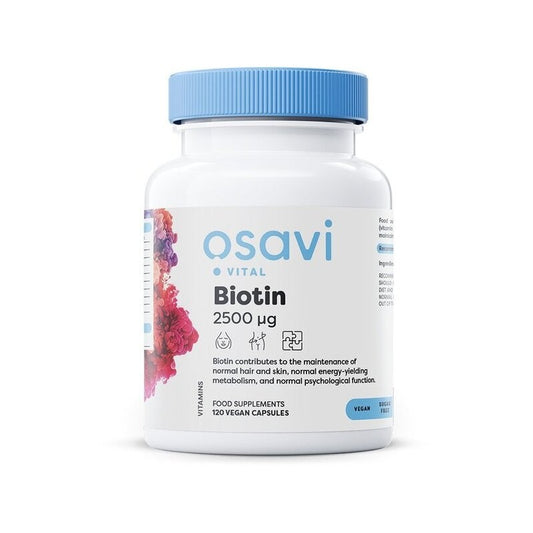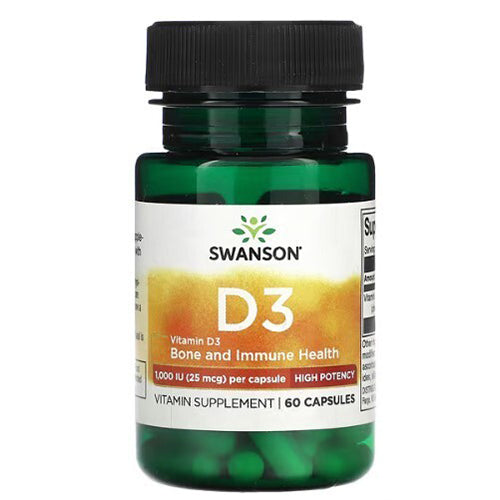
Probiotics Explained: Supporting Digestion, Immunity, and Overall Wellness
Jakub SkibaProbiotics are live microorganisms—mainly bacteria and some yeasts—that provide general wellness support when included in your diet. Often called “friendly” bacteria, probiotics help maintain a balanced gut microbiome, which plays an important role in normal digestion, nutrient absorption, and overall body balance. Your gut contains trillions of microbes that interact with the digestive system, help maintain natural barriers, and support the body’s daily functions. Including probiotic-rich foods in your meals or using supplements can help maintain this internal ecosystem, supporting everyday wellbeing and comfort.
This guide explains what probiotics are, how they work, the benefits of a balanced gut microbiome, the best food sources, and tips for using supplements safely.
What Are Probiotics? Friendly Microbes for Everyday Wellness
Probiotics are live microorganisms that, when consumed in adequate amounts, help maintain a healthy gut environment. They work alongside naturally occurring gut microbes to support the body’s normal digestive and immune processes. Common probiotic strains include Lactobacillus, Bifidobacterium, and Saccharomyces species.
How Probiotics Work: A Look at Your Microbiome
Probiotics support the body in several ways:
-
Balancing the Gut Microbiome: Help maintain a healthy ratio of beneficial microbes.
-
Supporting Digestive Processes: Certain strains help break down nutrients and promote comfortable digestion.
-
Interacting with Immune Cells: Support the body’s natural wellness systems.
-
Producing Nutrients: Some probiotics assist in the synthesis of vitamins like B12 and K2, as well as compounds that nourish gut cells.
By supporting these processes, probiotics help the body maintain everyday balance and comfort.
General Wellness Benefits of Probiotics
Research shows that probiotics can contribute to overall wellbeing by:
-
Supporting Digestive Comfort: Helps maintain a healthy digestive system.
-
Everyday Immune Support: Interacts with gut microbes to support normal immune function.
-
Mood and Balance: Supports the gut-brain connection for natural mental wellness.
-
Skin and Tolerance Support: Helps maintain healthy skin and overall comfort.
Probiotics are most effective when included as part of a balanced diet rich in fiber, fruits, vegetables, and other nutrient-dense foods.
Best Food Sources of Probiotics
Probiotics occur naturally in many fermented foods. Top sources include:
-
Yogurt (with live and active cultures)
-
Kefir (fermented milk beverage)
-
Sauerkraut (unpasteurized fermented cabbage)
-
Kimchi (fermented vegetables)
-
Tempeh (fermented soy product)
-
Miso (fermented soybean paste)
-
Kombucha (fermented tea)
-
Fermented pickles (made with salt brine)
Tip: Check labels for “live and active cultures” to ensure the food contains viable probiotics.
Probiotic Supplements: Safe and Practical Use
Supplements can help maintain gut balance, especially if your diet is low in fermented foods. They are available in capsules, powders, gummies, and liquids.
Guidelines for Choosing a Probiotic Supplement
-
Strain Variety: Select products with well-studied strains such as Lactobacillus acidophilus, Bifidobacterium lactis, or Saccharomyces boulardii.
-
CFU Count: Look for 5–10 billion CFU (colony-forming units) per serving for general wellness support.
-
Storage: Some supplements require refrigeration; always check labels.
-
Reputable Brands: Choose products tested for potency and purity.
Always consult a healthcare provider before starting supplements, especially for individuals with unique dietary needs.
Possible Mild Effects
Most people tolerate probiotics well. Some may experience temporary changes as the gut adjusts:
-
Mild bloating or gas
-
Temporary changes in bowel habits
If symptoms persist, reduce intake and seek guidance from a professional.
Key Takeaways:
-
Probiotics are live microbes that support gut balance and general wellbeing.
-
Eat more fermented foods like yogurt, kefir, sauerkraut, and kimchi.
-
Supplements can be used to complement the diet; choose strains backed by research and follow usage guidelines.
-
Maintaining a balanced microbiome contributes to overall health and comfort.










